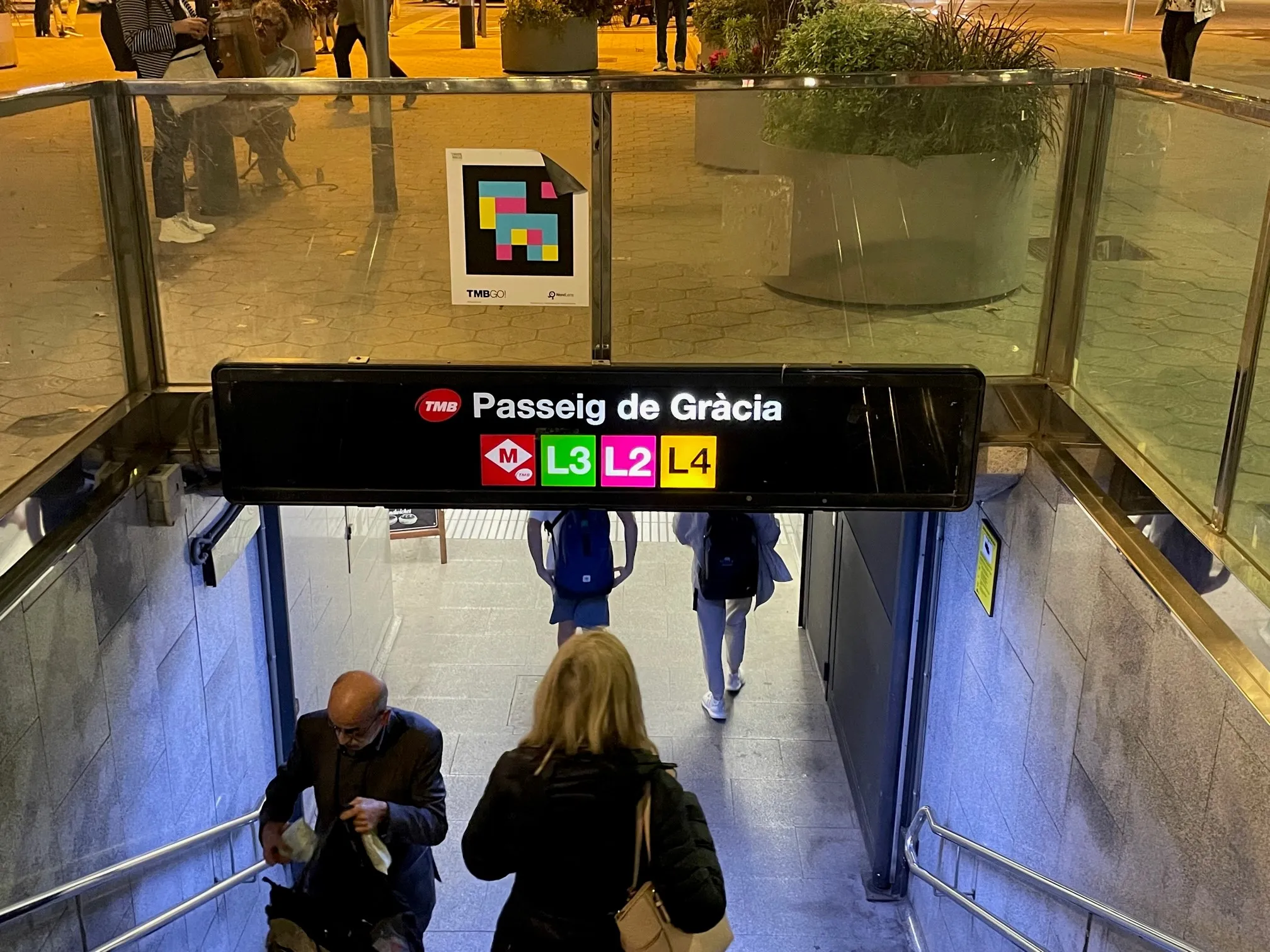OSCCAR (Occupant Safety for Crashes in Cars) also includes partners such as
Autoliv says it will help develop harmonised methods and tools for vehicle restraint systems which could feature in automated vehicles.
Cecilia Sunnevång, vice president, research at Autoliv, says the project will provide information on understanding future accident scenarios and how to provide the best restraint systems for interiors and seating positions for occupants.
“The project will provide input to regulation and consumer tests on how future occupant protection can be assessed by including tools such as crash test dummies and human body models, and risk functions,” Sunnevång adds.
Additionally, guiding principles and concepts for occupant protection will be developed and assessed by using harmonised human body models.
Autoliv joins OSCCAR future automotive safety project
Automotive safety systems company Autoliv has joined safety initiative OSCCAR, part of the European Union’s Horizon 2020 research project.
OSCCAR (Occupant Safety for Crashes in Cars) also includes partners such as Toyota, Siemens and various academic institutions.
Autoliv says it will help develop harmonised methods and tools for vehicle restraint systems which could feature in automated vehicles.
Cecilia Sunnevång, vice president, research at Autoliv, says the project will provide information on
July 24, 2018
Read time: 1 min
Automotive safety systems company 4171 Autoliv has joined safety initiative OSCCAR, part of the European Union’s Horizon 2020 research project.








